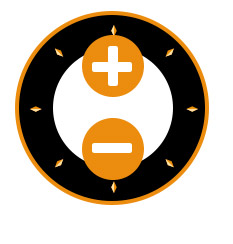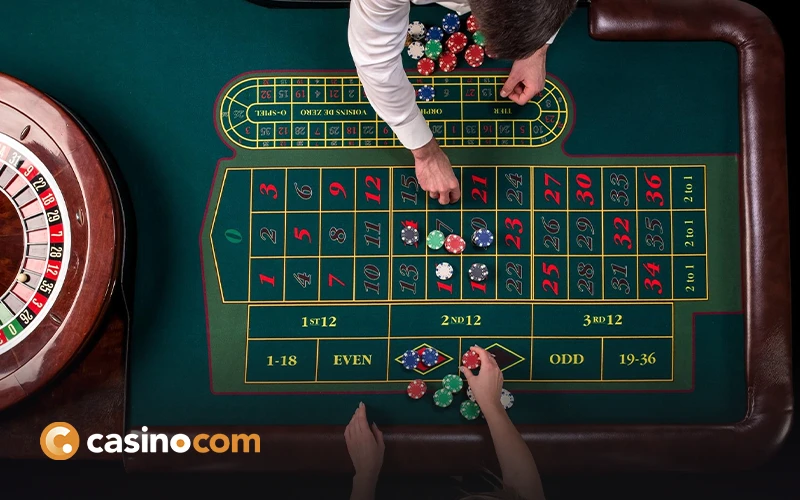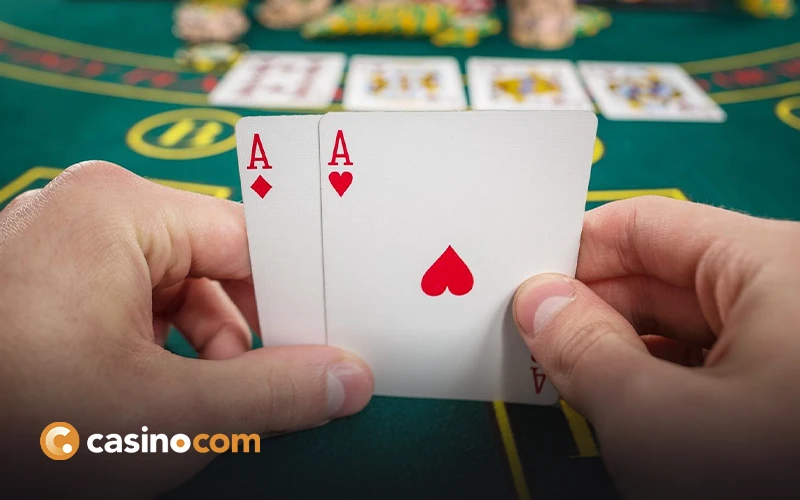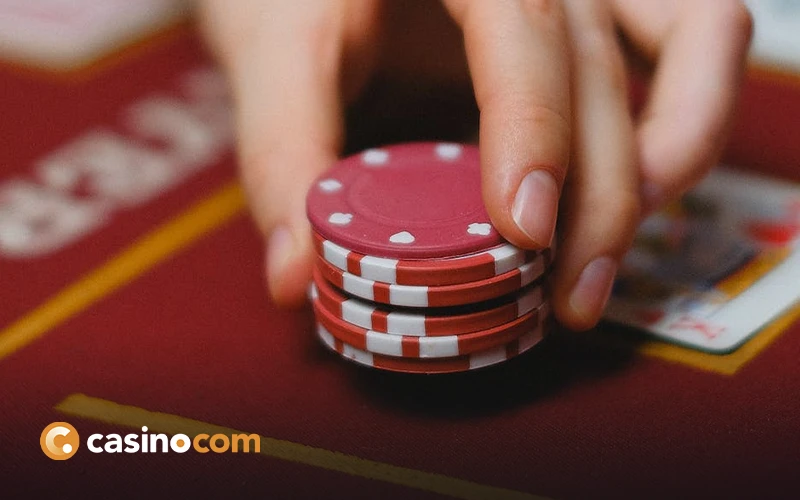Across all types of casino games since the dawn of time, people have claimed to have developed a fool-proof system for beating iron-clad odds and gaming the game itself. To some extent, this makes sense where this is a modicum of skill involved in the game, such as poker.
However, the efficacy of betting systems is less clear when you are playing a game that is entirely reliant on blind luck for success. Such is the case with roulette, which remains one of the most popular and iconic casino games in the world, one that has been going strong for close to 300 years now.
The beauty of roulette lies in its simplicity; make your wager, spin the wheel, and hope that Lady Luck is smiling down on the table at that moment. That’s all there is to it. Nonetheless, there is a huge amount of roulette betting systems that countless people have claimed will allow you to win big at the table, or at least significantly boost your chances of doing so.
While there are some strategic things you can do to make the most out of your roulette game, such as proper bankroll management, there is nothing you can do to change your odds of winning in the next round. Nonetheless, this is what the Contra D’Alembert betting system claims to do. If you are considering using the D’Alembert betting system next time you are at the roulette table, make sure to read this guide so that you know exactly why it does not work.

The Contra D’Alembert Betting System
History
Along with the Martingale betting system, the D’Alembert betting system is one of the most well-known and widely touted roulette systems in the world. The system is named after its creator, French mathematician and philosopher Jean le Rond d’Alembert, one of the most prominent thinkers of the Enlightenment.
Along with many mathematical equations and theories that are still applied in classrooms to this day, D’Alembert also came up with his own system of odds and probabilities. In this system, any event in which the outcome is a 50:50 chance between two binary options, the results will eventually even each other out and produce an equal distribution of the results.
How it works
So, what does this actually mean in practice, and how does it apply to the game of roulette? Let’s say you are placing an even-money bet on the roulette table, such as red/black. The chance of it landing on either red or black is equal. Therefore, according to D’Alembert, if you spun the roulette wheel hundreds of times, the results would eventually even out to give an equal amount of both black and red results.
Furthermore, D’Alembert theorised that every time a particular result was produced, it made the chances of the opposite result happening in the next round more likely. In roulette, this logic would dictate that, if the ball lands on black multiple times in a row, it is more and more likely that the next spin will land on red.
D’Alembert in Roulette
In the D’Alembert roulette strategy, the goal is to take advantage of this “logic” by upping your stake every time you lose a bet. After all, if the next round is more likely to pay off, then you will make your losses back by raising the bet.
So, if you wagered £1 on red and lost, you would wager £2 on red in the next round. If you lost again, you would wager £3 on red, and so on. If you won, you would get your money back and then reduce your stake back to £2 on red for the next round. In D’Alembert, you raise the bet by one unit every time you lose and reduce the bet by one unit every time you win.

Why it Doesn’t Work
So, does all of this sound logical to you? It might seem that way, but there is no actual mathematical basis for the D’Alembert betting system at all. Let’s start with why Monsieur d’Alembert was wrong in the first place. If there is a game with a 50:50 binary outcome, such as an even money roulette bet or a heads/tails coin toss, there is no way to change those odds.
The result you get in one round cannot impact the results of the next round in any way. Landing heads in a coin toss 500 times in a row is unlikely, sure. However, after those 500 coin tosses, the chances of you getting either heads or tails again remains 50:50. The previous attempts have not impacted on your future odds at all.
Perhaps more importantly, the D’Alembert system does not take into account the house edge in roulette. When placing an even-money bet, you do not have a 50% chance of winning. Because of the zero pocket on the roulette wheel, there is a house edge of either 2.7% or 5.26%, depending on whether you are playing European or American roulette respectively.
This house edge means that the D’Alembert system cannot apply to any type of roulette wager, since there is no way to get a pure 50:50 odds bet on the roulette wheel. This is the fallacy of D’Alembert.

Play Safer and Smarter with Casino.com
Here at Casino.com, we are committed to ensuring you get the most out of your game. We are not interested in recommending betting systems and tips that do not work. Rather, we focus on the real tools and resources you can use to get more bang for your bankroll.
Roulette betting systems like D’Alembert might be a fun way to structure your bets, but they should never be taken seriously as a way to increase your odds of winning or making money. Roulette is a classic, time-honoured form of entertainment and should be treated as such. That’s why you should only ever wager money you can afford to lose, and never, ever try to use roulette as a genuine way of making money.
Also, remember to play responsibly. At Casino.com, we believe that the only possible type of fun casino gaming is responsible gaming.
Previous: D’Alembert
Next: Andrucci





